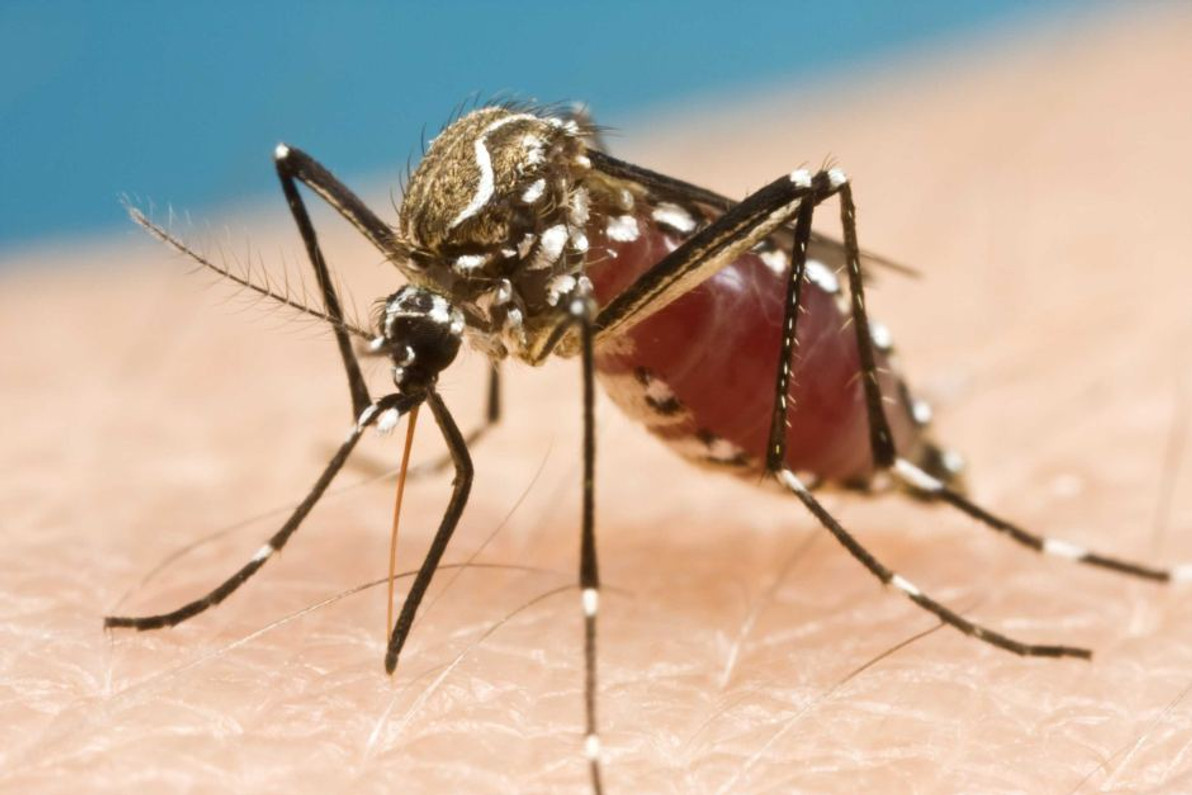How can I protect myself from Japanese Encephalitis (JEV)
Japanese encephalitis virus (JEV) has been detected in Australia. Anyone who gets bitten by an infected mosquito is at risk of getting JEV. The good news is there are simple steps we can take to protect ourselves from mosquitoes: Remove water holding containers where mosquitoes may breed. Use a mosquito repellent containing DEET, picaridin or oil of lemon eucalyptus and be sure to follow the label instructions. Wear long, loose fitting clothing. Light colored clothing is best. Properly fit mosquito nets or screens to your home and other places you might sleep like a tent. And limit outdoor activity if lots of mosquitoes are about. This will help protect you from JEV and other mosquito borne viruses. For more information visit health.gov.au
NSW records its second death of person with Japanese Encephalitis
NSW Health has recorded a second death of a person with Japanese encephalitis.
Sadly, NSW Health can confirm the man in his 60s from the Corowa area, who was diagnosed with Japanese encephalitis virus in early March, died at Albury Base Hospital on Friday 20 May.
To date a total of 13 NSW residents have been infected with JE and two have died. While evidence shows mosquito numbers have declined, it remains important that people throughout the state continue to take steps to avoid mosquito bites.
Since the first notification of Japanese encephalitis in late February 2022, NSW Health has been working closely with local health districts and primary health networks in affected areas to coordinate vaccination efforts.
This includes working with GPs and other relevant stakeholders to ensure all those currently at highest risk of exposure to Japanese encephalitis are able to access government-funded vaccine.
People considered higher risk for exposure include workers in piggeries, animal transport, veterinarians and students working with pigs, laboratory workers handling Japanese encephalitis, entomologists and others engaging in animal and mosquito trapping for surveillance. NSW Health encourages people in these groups to talk to their GP about getting a JE vaccine.
The JE virus is spread by mosquitoes and can infect animals and humans. The virus cannot be transmitted between humans, and it cannot be caught by eating pork or other pig products.
There is no specific treatment for JE, which can cause severe neurological illness with headache, convulsions and reduced consciousness in some cases.
It's important to avoid being bitten by mosquitos. Simple actions you can take include:
- Avoid going outdoors during peak mosquito times, especially at dawn and dusk, and close to wetland and bushland areas.
- Wear long sleeves and pants outdoors (reduce skin exposure). Also wear shoes and socks where possible. There are insecticides (e.g. permethrin) available for treating clothing for those spending extended periods outdoors.
- Apply repellent to all areas of exposed skin, especially those that contain DEET, picaridin, or oil of lemon eucalyptus which are the most effective against mosquitoes. The strength of a repellent determines the duration of protection with the higher concentrations providing longer periods of protection. Always check the label for reapplication times.
- Reapply repellent after swimming. The duration of protection from repellent is also reduced with perspiration, such as during strenuous activity or hot weather so it may need to be reapplied more frequently.
- Apply the sunscreen first and then apply the repellent. Be aware that DEET-containing repellents may decrease the sun protection factor (SPF) of sunscreens so you may need to re-apply the sunscreen more frequently.
- For children in particular - most skin repellents are safe for use on children aged three months and older when used according to directions, although some formulations are only recommended for children aged 12 months and older - always check the product. Infants aged under three months can be protected from mosquitoes by using an infant carrier draped with mosquito netting that is secured along the edges.
- If camping, ensure the tent has fly screens to prevent mosquitoes entering.
- Mosquito coils and other devices that release insecticides can assist reducing mosquito bites but should be used in combination with topical insect repellents.
- Reduce all water holding containers around the home where mosquitoes could breed. Mosquitoes only need a small amount of liquid to breed.
In line with national reporting structures, NSW Health reports any new cases and case locations on the NSW Health website.
For further information on mosquito-borne disease and ways to protect yourself go to:
Recent Posts
-
Mosquito-borne viruses triple in Queensland as La Niña provides ideal breeding conditions
In short:2024 saw the highest number of mosquito-borne virus cases in Queensland in four years, acco …29th Jan 2025 -
Climate change and chemicals on your skin put you at greater risk of getting bitten by a mosquito
Climate change and extreme weather have the potential to increase cases of mosquito-borne diseases a …8th Nov 2024 -
The mosquito-borne virus ‘triple E’ continues its spread, worrying state health officials
Mosquito-borne illnesses are a growing concern in Northeastern states, with health officials monitor …25th Oct 2024




